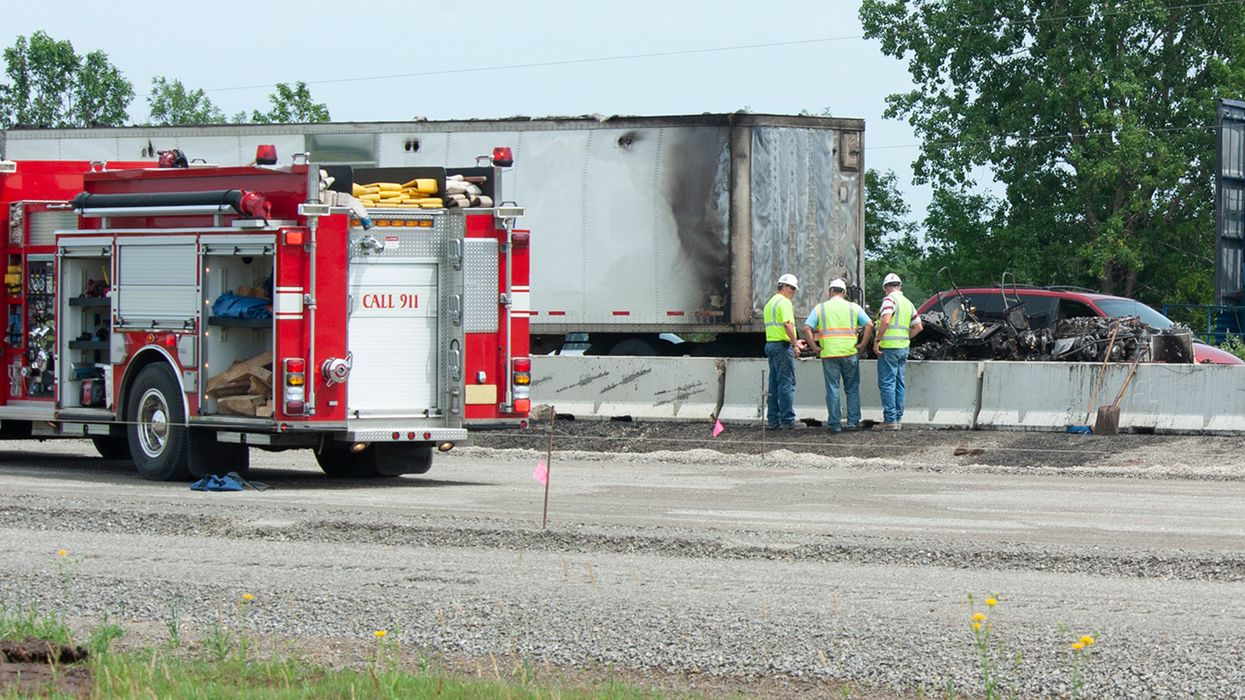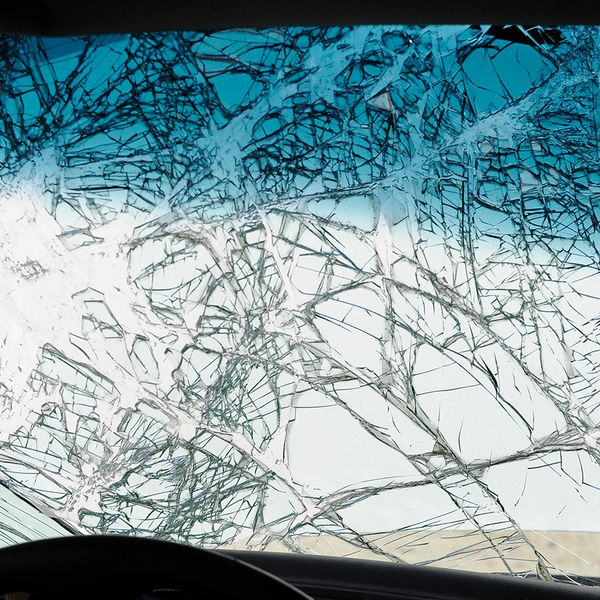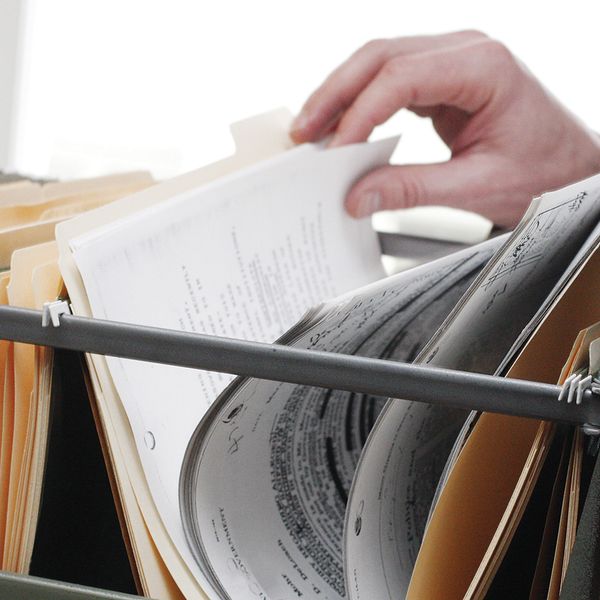Are your accident files an asset or liability?
Avoid accusations of destroying evidence by keeping a detailed accident file for any crash that might lead to a lawsuit. Telling the court that you got rid of a record because the Federal Motor Carrier Safety Administration (FMCSA) doesn’t require you to keep it is not a defense against claims of spoilation.
The FMCSA doesn’t have specific rules requiring carriers to keep certain records related to the company, driver, or vehicle after an accident. To comply with regulations, carriers must record the crash in the company’s accident register, keep copies of the police accident report, and maintain any necessary insurance filings (see 390.15). Additionally, certain records must be kept for the time periods specified in the regulations.
Be consistent and prepared
Even though a carrier may not be required to keep records, it’s always best practice to maintain detailed accident files. If there is a chance of litigation due to the crash, the court system will expect preserved copies of the records related to the company, the driver, the driver’s current and most recent assignments, and the vehicle. At a minimum, you would be expected to copy and preserve:
- The company’s insurance policy as it existed the day of the crash,
- The driver’s qualification file as it existed the day of the crash,
- The company’s driver manual in use at the time of the accident,
- The driver’s logs for the day of the crash and the prior 30 days,
- The vehicle’s maintenance file as it existed the day of the crash,
- The data on the vehicle’s engine control module (ECM),
- The video from any on-board dash cameras,
- Any post-crash inspection and repair records, and
- The driver’s dispatch records for the previous 30 days.
Retain counsel
Given the serious consequences of mistakes in record retention, it’s a good idea to hire an attorney who specializes in motor carrier defense if there’s a chance of litigation. An attorney can guide you on which records to keep and, in many cases, will store the records for you to control what other parties can access. The attorney will also make sure the right parties can inspect the evidence, helping to reduce the risk of being accused of destroying evidence.
Safety and Risk Management teams should work together during major accidents. Both safety and risk professionals know which evidence needs to be preserved and will act quickly to identify all relevant information for potential legal action. It's important to be consistent when handling accident records, so make sure everyone on the team is properly trained on the importance of maintaining data integrity.
Key to remember: In the event of a serious crash, protect your carrier’s interests by mitigating claims of spoilation through prioritizing collaboration, proper training, and careful record management.






















































